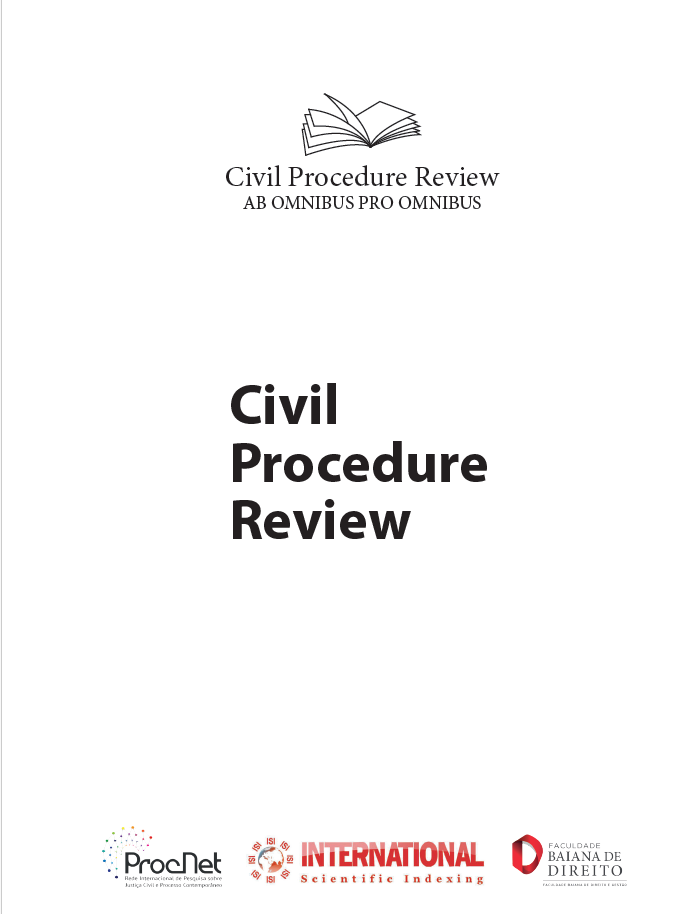Pre-action protocols in England
the use of early procedural management mechanisms as a means of achieving greater speed, adequacy, and cost reduction in the administration of civil justice
Keywords:
pre-action protocols, case management, overriding objective, cooperation, proportionalityAbstract
This article examines pre-action protocols within the English judicial system and their contribution to achieving greater speed, adequacy, and cost reduction in civil justice. It does so through a critical analysis of the innovations introduced by the 2015 Brazilian Code of Civil Procedure, regarding the recognition of alternative dispute resolution (ADR) methods and procedural cooperation. It compares these mechanisms with the pre-action protocols of the English Civil Procedure Rules (CPR). The aim of this study is to present a critical analysis of the advantages and disadvantages of integrating analogous mechanisms into the Brazilian legal framework. The research demonstrates how pre-action protocols function as filters for early case management, fostering pre-litigation negotiation between parties, delimiting disputed points, determining which evidence is going to be used, and encouraging consensual solutions through cooperation. A qualitative approach based on document analysis and a literature review was employed, with an emphasis on precedents, official reports, and academic literature on both national systems. The research adopted a historical-comparative perspective, contrasting the innovations of the CPR with those of the 2015 Brazilian Code of Civil Procedure.
Downloads
Downloads
Published
How to Cite
Issue
Section
License
Este trabalho está licenciado sob uma licença Creative Commons Attribution-NonCommercial-ShareAlike 4.0 International License.











